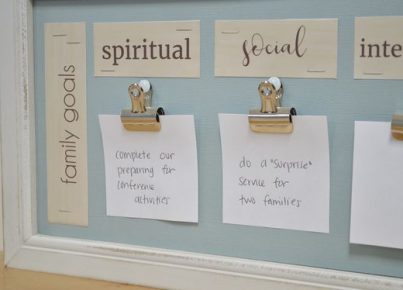Introduction
In many countries, the age of sexual consent is around 16 years old. However, when it comes to sexual relationships between pupils over the age of consent and teachers or other persons in authority at an educational institution, various legal, ethical, and moral complexities arise. This article will delve into these complexities and the potential consequences involved in engaging in such relationships.
Legal Aspects
While the age of sexual consent may be 16 in many jurisdictions, there are often specific laws in place that prohibit sexual relationships between teachers and students. These laws are designed to prevent those in positions of authority from exploiting or abusing their power within an educational setting.
In some regions, statutory laws explicitly criminalize such sexual conduct between teachers and pupils over 16. Penalties for violating these laws can range from fines and loss of professional licensure to imprisonment. Even if no criminal charges are filed, educators may still face disciplinary action from their school or school district.
Ethical Considerations
Beyond the legal ramifications, engaging in sexual relations with a pupil over 16 raises serious ethical concerns. A teacher’s primary responsibility is to foster a safe and nurturing environment for their students while promoting their academic success. Engaging in a sexual relationship with a pupil undermines this fundamental duty.
In addition to creating an unhealthy power dynamic, these relationships can lead to favoritism or perceived favoritism as the teacher may be seen as treating their romantic partner more favorably than other students. This perceived imbalance can damage the trust and rapport between educators and pupils, as well as create discord among peers.
Emotional Implications
Entering into a romantic relationship with a student can have far-reaching emotional consequences for both parties involved as well. Students may harbor feelings of confusion about their role within the relationship as they attempt to navigate the boundary between being a student and being romantically involved with their teacher.
Furthermore, the end of the relationship can lead to feelings of rejection, heartbreak, or even retaliation. The emotional toll can significantly impact both the student’s academic performance and the teacher’s ability to effectively perform their job.
Long-term Consequences
Building a professional and personal future can be severely impacted by engaging in a sexual relationship with a pupil over 16. Teachers may lose their job, reputation, and credibility within their profession. Repercussions are not limited to the educator alone; students who participate in these relationships may also face social stigma from peers and potential damage to their psychological well-being.
Conclusion
While the age of sexual consent may be 16, engaging in an intimate relationship between a pupil and a teacher presents various legal, ethical, emotional, and long-term consequences that far outweigh any perceived benefits. Upholding professional boundaries and maintaining a safe, respectful learning environment must remain a priority for all educators.





